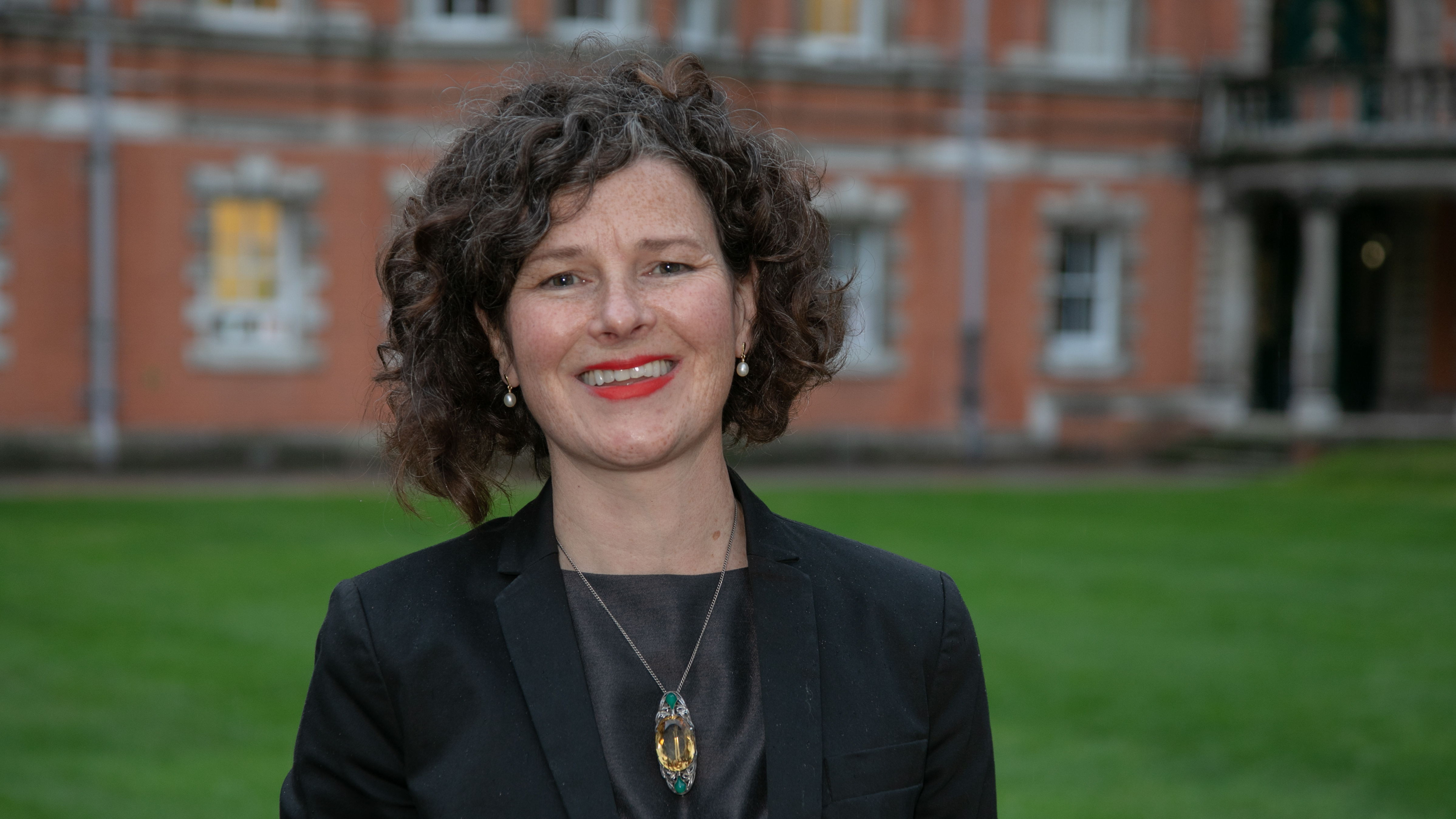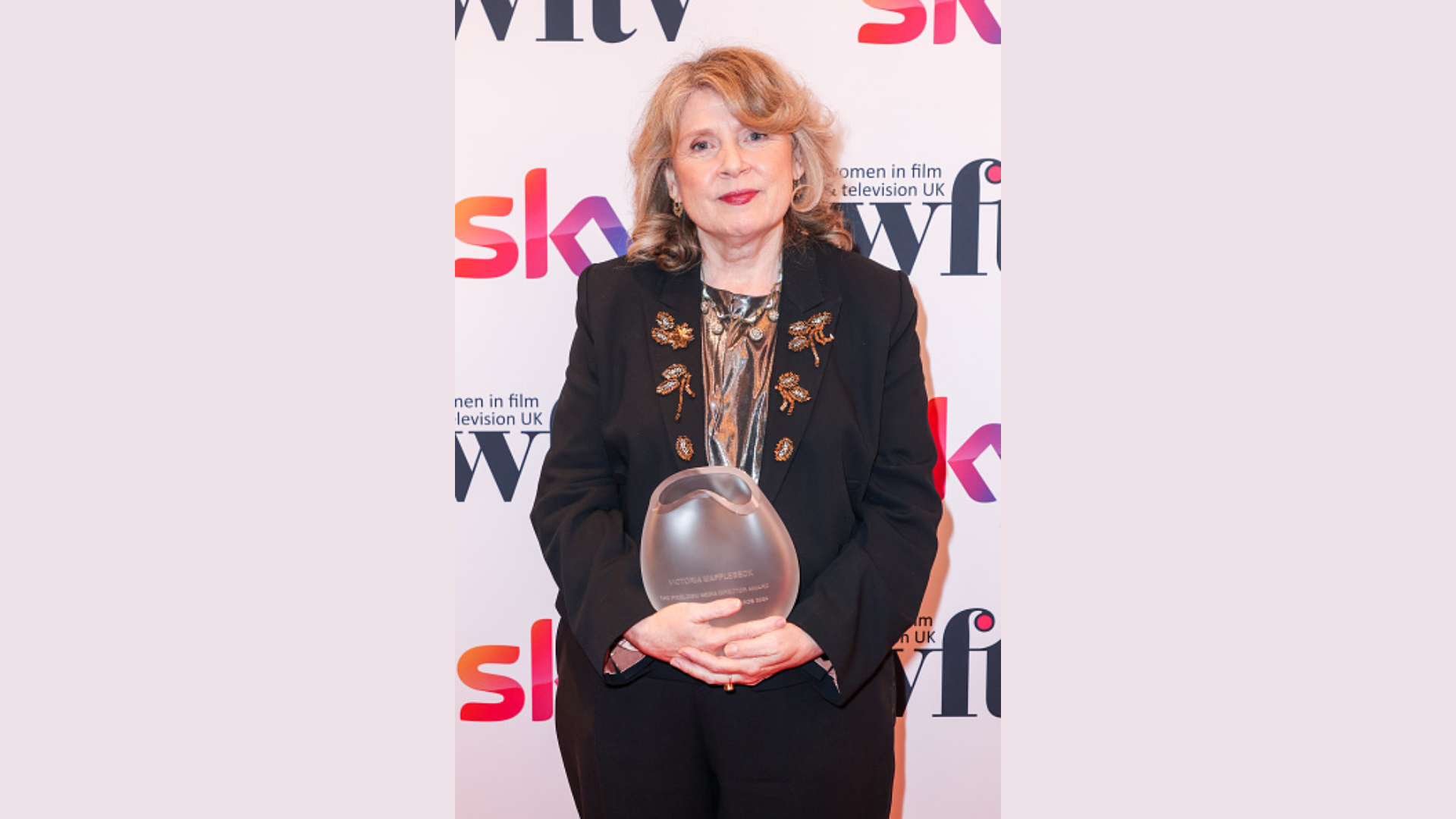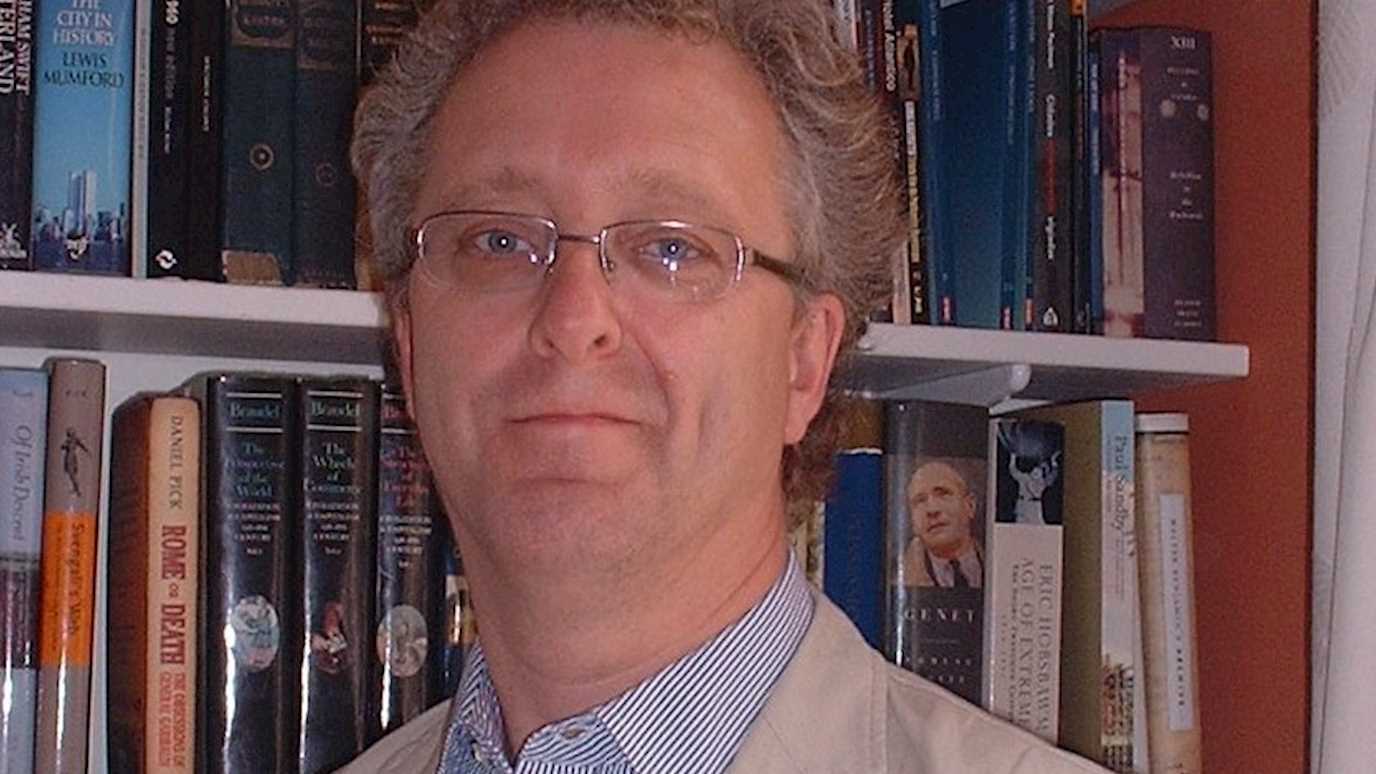Royal Holloway research into eyewitness memory could increase the accuracy of suspect identification and save millions of pounds in police and court costs.

Every year thousands of police suspects are identified by eyewitnesses, but the way that line-ups are administered can mean some of those identified are innocent. Misidentification has played a role in more than 70 per cent of cases in the US where a suspect was subsequently exonerated on the basis of DNA evidence.
An Economic and Social Research Council-funded project at Royal Holloway, University of London, found that the accuracy and the reliability with which suspects are identified can be significantly improved in the UK, which will result in safer convictions and better outcomes for victims and witnesses of crime.
The research, led by Professor Laura Mickes, Reader in the Department of Psychology, found that collecting eyewitness confidence in their identification straight after the line-up was very important. Eyewitnesses who were confident in their identification were more likely to have accurately identified the offender. Those who were not so confident, were less likely to have identified the offender.
Professor Mickes explains: “The research shows without a doubt that confidence expressed during the initial identification procedure is predictive of accuracy. By not collecting confidence we are losing so much important information.
“If you look back at all the people who were exonerated based on DNA evidence, where eyewitness identification played a big role in their wrongful conviction, you’ll see that, and this is amazing, the initial identifications were actually made with low confidence. But over time their confidence can increase for various reasons and by the time they get to the court they say with high confidence ‘Yes, that’s the guy.’”
The research has already had an impact in the US, with then US Deputy Attorney General Sally Yates, of the US Department of Justice, releasing new eyewitness identification guidelines in January 2017 that emphasize the importance of taking an initial confidence statement. Some of Dr Mickes’ research was cited in the Department of Justice’s memorandum about the guidelines.
Professor Mickes says: “The fact that the Department of Justice recognises the importance of collecting confidence at initial identification is a positive step forward.”
The ESRC-funded research also found that US-style line-ups were more effective at accurately identifying offenders than the UK line-ups. When the line-up members are presented simultaneously, as happens in the US, the eyewitness is better able to discriminate between guilty and innocent, than they are in UK line-ups, where they are presented sequentially.
Professor Mickes explains: “We compared line-up member numbers, with six versus nine; we compared photos versus videos; we compared whether you lap once or lap twice or you have a choice. The only real discernible difference was simultaneous versus sequential. The results showed that when line-up members are shown simultaneously memory performance is actually better than when they are presented sequentially. This went against decades of what some researchers had been claiming.”
It is not just the cost of progressing with cases that may be overturned by DNA evidence, or the costs associated with wrongful imprisonment, that this research could save. The incorrect identifications can also lead to mental health costs, relationship costs and reputational costs, as well as the costs and societal impact of the real offenders being free to offend again.
Professor Mickes says: “This research can lead to important policy changes that have important implications for society. “By not investigating innocent people, it’s going to cost a lot less money. Investigations become much more efficient. More trust will be put in the police. There are so many benefits. For a long time, people were hyper-focused on the terrible error of imprisoning innocent people. But it is also a terrible error to let the guilty people go free. They can go on to commit more crimes, harming the innocent. Knowing the initial confidence of an eyewitness can help to prevent those errors, too.”
Once the research is published, Professor Mickes hopes to run a field study in partnership with a UK police force where they will collect eyewitness confidence.
She adds: “The police in the UK need to collect confidence during the initial identification procedure. And after they do that, I’d like to have a serious dialogue with them about how line-up members are presented.”
























